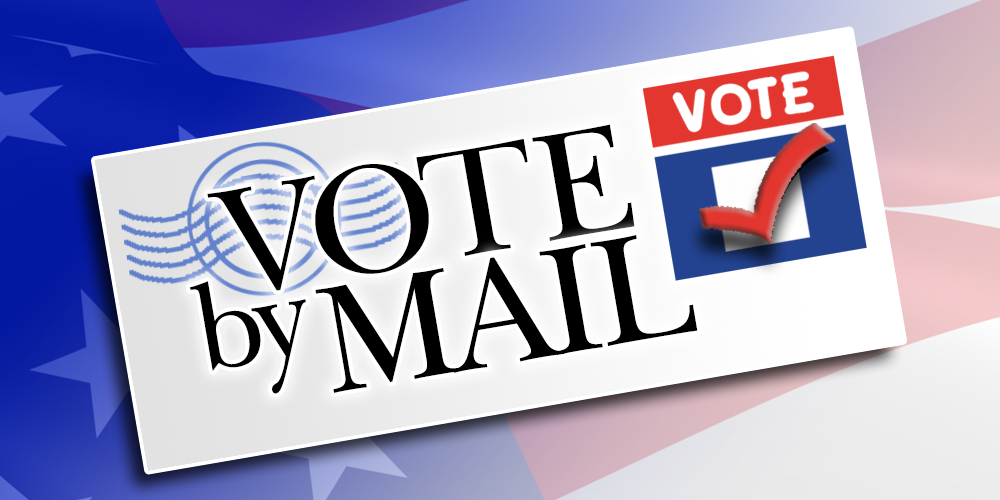Some good news on the voting litigation front.
As Texas prepares for an expected deluge of mail-in votes in November, a federal judge has found that one facet of the state’s signature verification rules for those ballots is unconstitutional and must be reworked for the upcoming election.
U.S. District Judge Orlando Garcia ruled Tuesday that the state’s process for determining whether there is a mismatch between a voter’s signature on their ballot envelope and the signature the voter used on their application to vote by mail “plainly violates certain voters’ constitutional rights.”
In his order, Garcia ordered the Texas secretary of state to inform local election officials within 10 days that it is unconstitutional to reject a ballot based on a “perceived signature mismatch” without first notifying the voter about the mismatch and giving the voter a “meaningful opportunity” to correct the issue.
Additionally, to “protect voters’ rights” in the upcoming election, Garcia said the Texas secretary of state must either advise local election officials that mail-in ballots may not be rejected using the existing signature comparison process, or notify them that they are required to set up a rejection notification system that would allow voters to challenge a rejection.
[…]
Before mail-in ballots are counted, a committee of local election officials reviews them to ensure that a voter’s endorsement on the flap of a ballot envelope matches the signature that voter used on their application to vote by mail. They can also compare it to signatures on file with the county clerk or voter registrar that were made within the last six years.
But because the state election code does not establish any standards for review, the plaintiffs argued that the law is applied unequally, with each county “necessarily” developing “its own idiosyncratic, arbitrary, and ad hoc procedure to determine that a ballot should be rejected” with no requirement to notify voters about the rejections until 10 days after Election Day.
To correct course ahead of the November general election, Garcia ordered the Texas secretary of state to either halt all rejections based on a “perceived signature mismatch” or implement an “immediate remedial plan” that requires local election officials to notify a voter within one day of determining a perceived mismatch and allow the voter to challenge the rejection.
Under that plan, voters must be mailed notices of rejection within one day of a mismatch determination by the local review board. Those who provided phone numbers on their applications must be called at least once within one day of the decision.
See here for the background, and observe how adorably optimistic I was that this shouldn’t be a partisan issue since both parties use voting by mail. What can I say, it was 2019, you had to be there. I don’t have much to say now that I didn’t say then – this ruling makes total sense, the “standard” that was used was arbitrary and needlessly harsh, and it really is in everyone’s interests to make an effort to count these ballots. I assume Ken Paxton will appeal this because that’s what he does, but until then let’s be happy we got what we got. The Chron has more.


Pingback: The case for voting in person – Off the Kuff